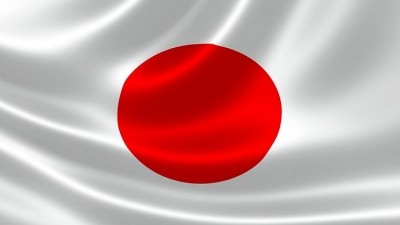Innovation via regulation: SMEs and major players reaping rewards from Japan’s functional food regulations

A recent study has shown that smaller-scale companies make up many of the new entrants under Japan’s Food with Function Claims (FFC) system.
It also showed that FFC companies have a higher compound annual growth rate (CAGR) than dietary supplement players which do not.
Snapshot of FFC
Introduced in 2015, FFC is considered an easier route to market compared with Japan’s regulatory system for Foods for Specific Health Uses (FOSHU). Contrary to FOSHU, the products under FFC don’t need clinical trial (CT) evidence, and can instead rely on information from sources such as systematic reviews.
“Under the FFC system, the government certified many product health claims—including those related to eyes, joints, mental stress, cognitive function, sleep, physical fatigue, and obesity—that had not previously been approved under the FOSHU system,” the paper states.
To assess the impact of FCC since 2015 on the dietary supplement industry, the latest study was conducted by testing multiple hypotheses on existing data, namely 169 Japanese dietary supplement companies and 731 products.
The study also investigated the profit growth rates of the top 27 dietary supplement companies in the country.
121 of the 169 companies (71.6%) were new entrants to the industry via FFC, while the remaining were existing companies which already operated under the FOSHU scheme.
Furthermore, 89% of all products launched under FFC relied solely on systematic reviews of the ingredients used to secure regulatory approval.
“The FFC system provides a variety of product development strategies for manufacturing companies. In notification using the Systematic Review (SR), the company supplements its own research and development resources with accumulated external knowledge to commercialize its product efficiently,” the authors state.
When analysing the top 27 dietary supplement companies in the market, the researchers also discovered that the 15 companies who had launched FFC products were enjoying a larger compound annual growth rate than those who had stuck solely to the FOSHU regime.
The paper added that consumers have also benefited from an increasing diversity of products. FFC’s requirement for clear labelling of nutritional or health information also empower consumers to make more informed choices, it added.
Regulatory prospects for functional foods
Concluding the study, the authors highlighted the need for a “transdisciplinary R&D among scholars, practitioners and policymakers” to hone the reliability of knowledge gathered under systematic reviews.
This has implications on the product safety due to the combination of multiple ingredients leading to unexpected effects, they added.
Furthermore, the authors added that there are opportunities for the Japanese system to be harmonized internationally which would provide more product variety for consumers, reduce cost of export for Japanese companies, and ease the barriers of entry for foreign companies.
Source: Nutrients
“Optimizing the Relationship between Regulation and Innovation in Dietary Supplements: A Case Study of Food with Function Claims in Japan”
DOI: https://doi.org/10.3390/nu15020476
Authors: Sato, K.; Kodama, K.; Sengoku, S.












